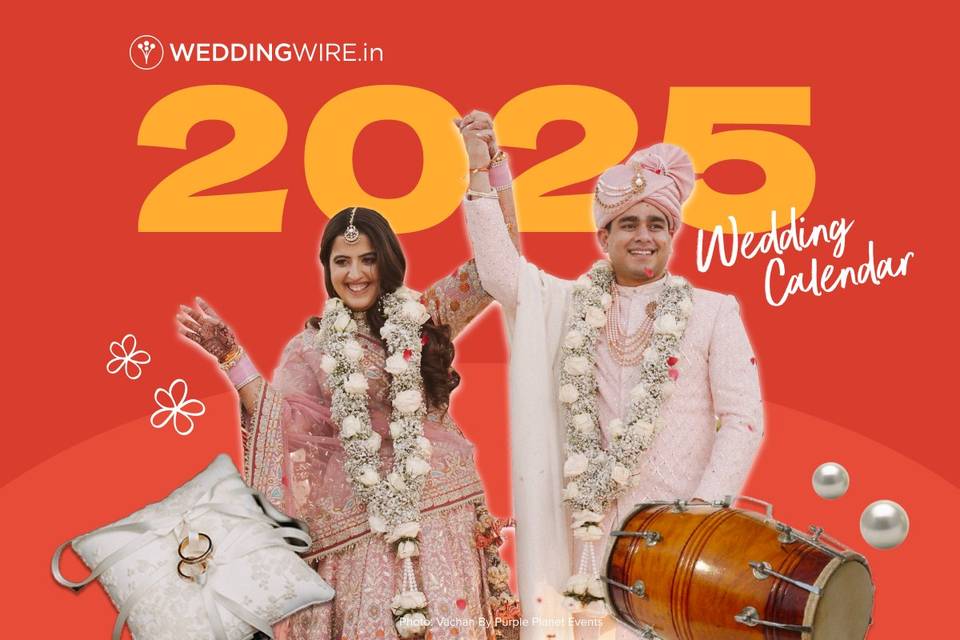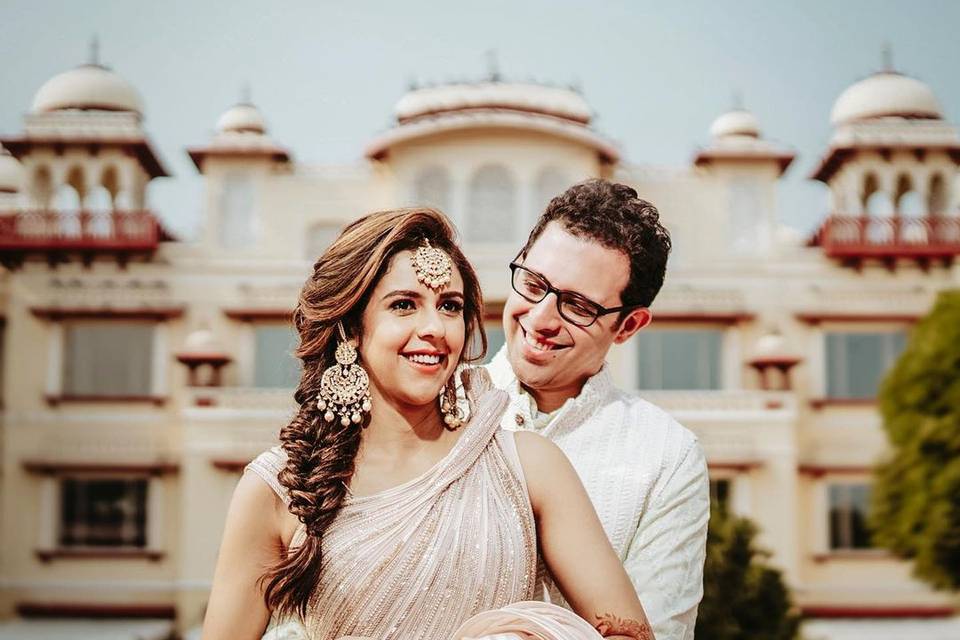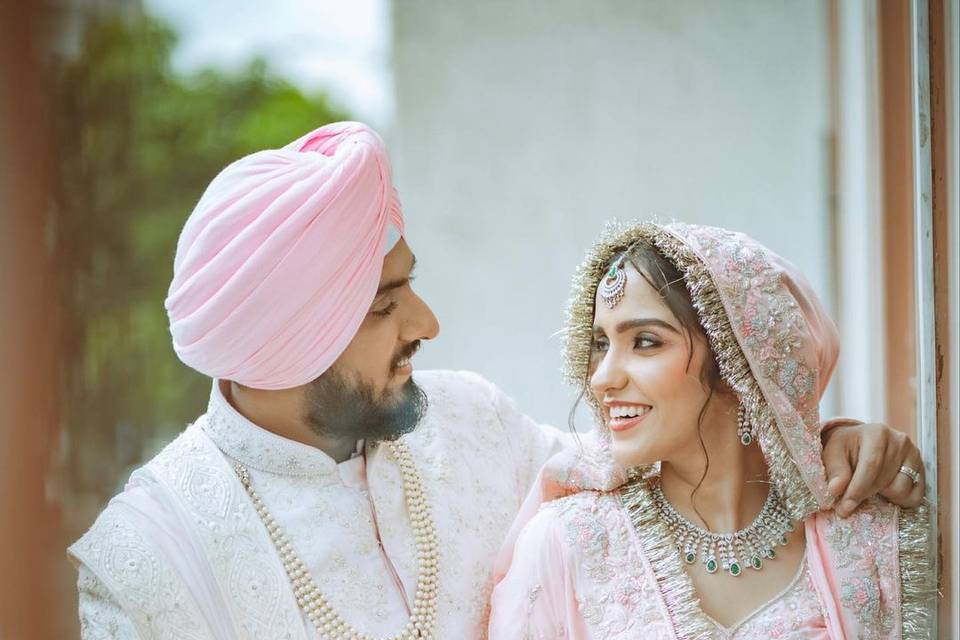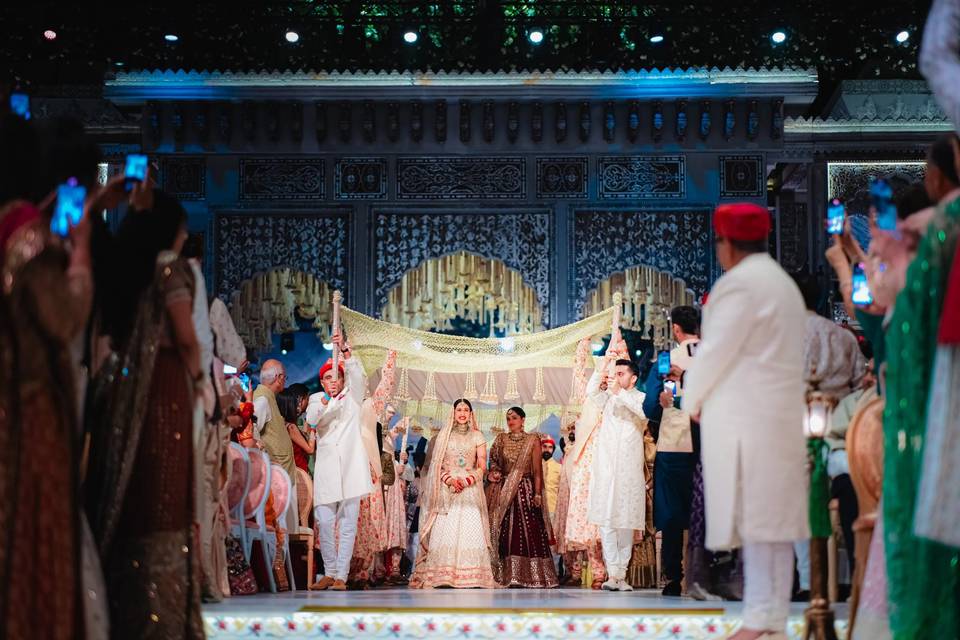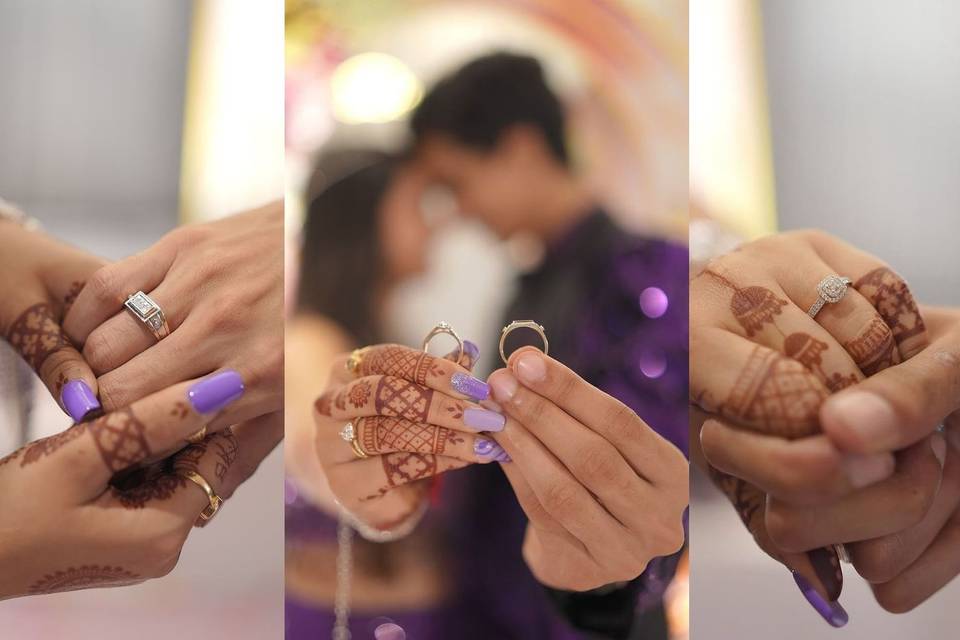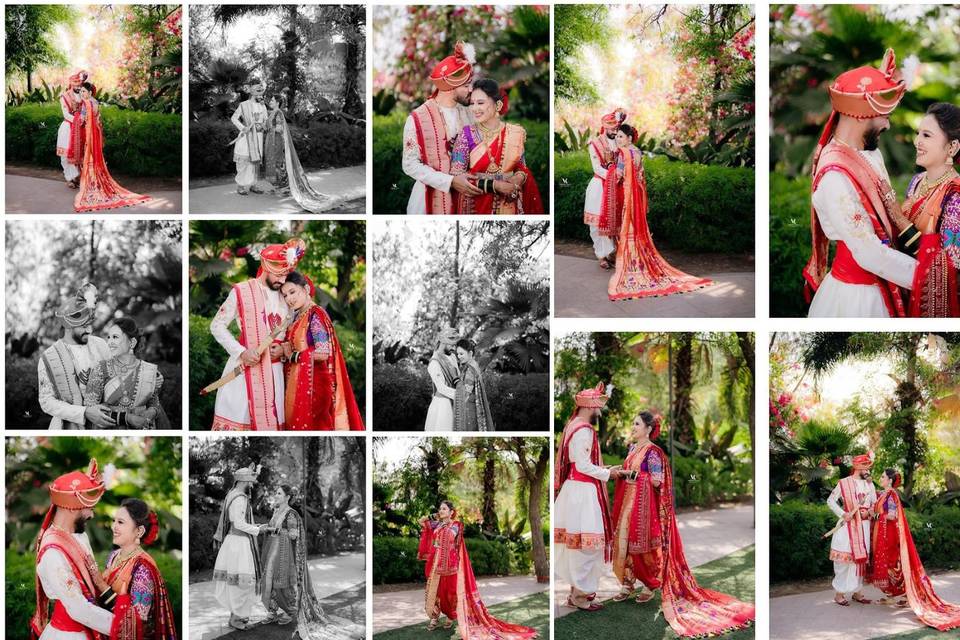An Extensive Guide for Court Marriage in India: Includes Process, Fee and Documents Required
Planning for court marriage in India? Here's a step-by-step guide including the procedure, fee, documents required and court marriage rules.
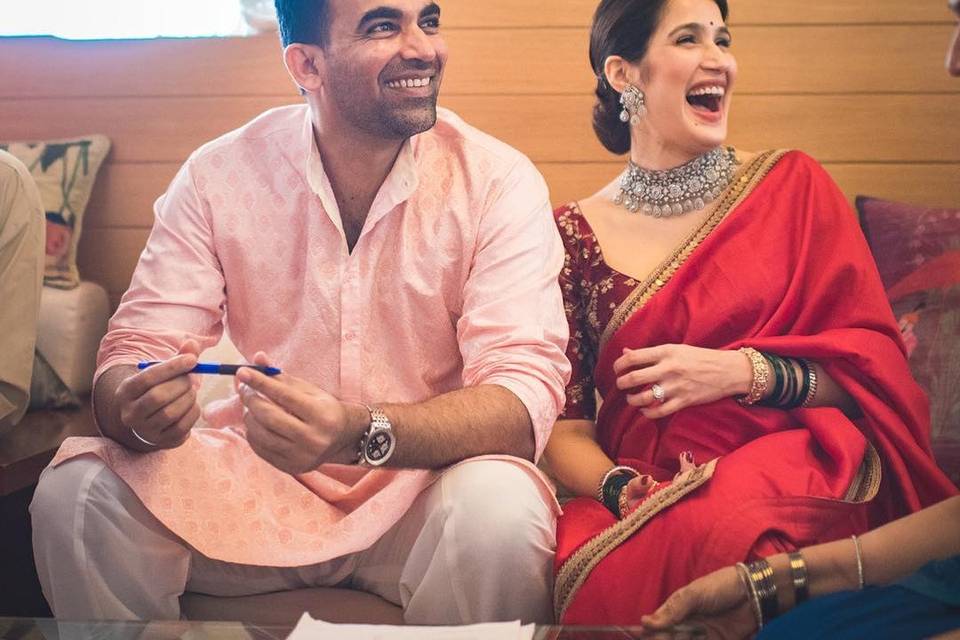

Image Courtesy: Sagarika Ghatge
Every year there are more and more couples deciding to ditch the big fat Indian wedding and go for a court marriage. A court marriage takes the pressure off the couple and the parents and helps to save a ton of money usually spent on wedding planning, venues, decor, etc. In India, court marriage is solemnized under the Special Marriage Act, of 1954. Under this act, a marriage can be solemnized in the court in the presence of three witnesses and a sub-registrar who is appointed under this act. This act allows any Indian to marry irrespective of their religion, caste, or creed.
If you're planning to get hitched with a court marriage, and are confused about the court marriage process or are wondering how you can attain a court marriage certificate, we're here to help you out. Keep reading this blog to understand the right court marriage procedure in India, the court marriage fee in India, and more.
Court Marriage Certificate in India
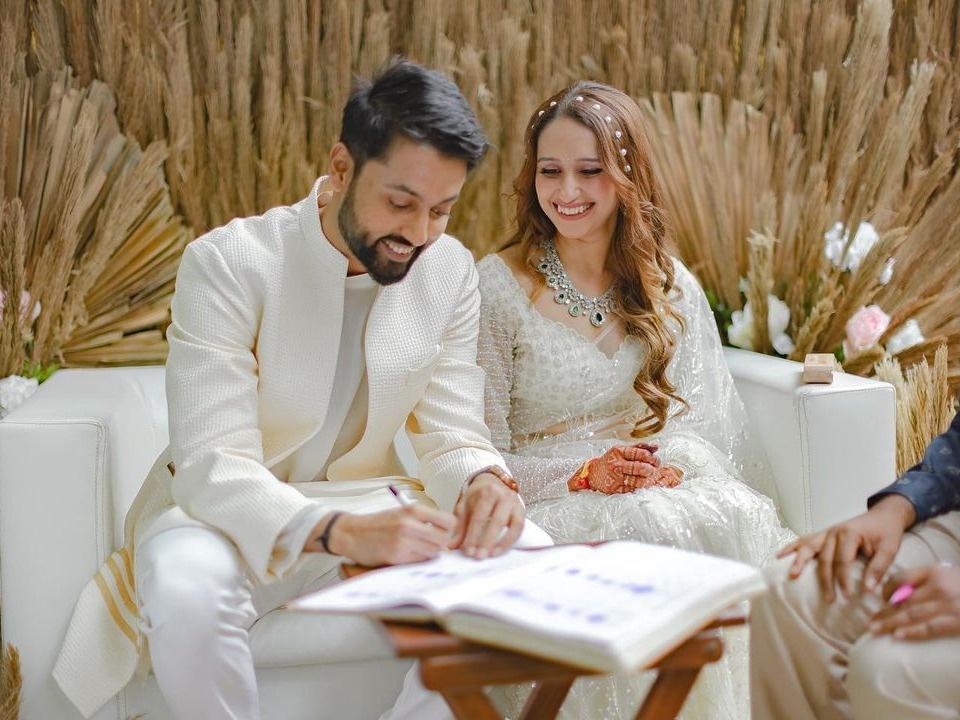
Image Courtesy: Seventh Heaven Wedding Co
Find Top Wedding Photographers Near You
A court marriage certificate has to be obtained by first submitting an application to the marriage officer (or the sub-registrar). The application allows you to register for your marriage and must be submitted in the same jurisdiction or area office of the marriage officer where the couple is based. Once registered, you have to present all the required documents to obtain a court marriage certificate. On the day of the registration, you have to be present with the witnesses and sign for your marriage to finally obtain a court marriage certificate.
Court Marriage Rules

Image Courtesy: Seventh Heaven Wedding Co
The court marriage process is quite straightforward but requires the bride and groom to fulfil a few conditions. These court marriage conditions have to be met by the couple at the time of the marriage according to the Special Marriage Act. Here are the court marriage rules you need to take note of:
- The bride and the groom must not have a spouse or a persistent valid marriage with anyone else. If either of them were married, they must be legally divorced from their spouse.
- Free consent must be given in court by the bride and groom. This means that the couple must be competent to give valid consent and must be of sound mind.
- The couple should be of or above the legal age of marriage. the bride must be or above 18 years and the groom must be or above 21 years.
- The couple must not fall into the degree of a prohibited relationship.
Also read: Registry Marriage Rules 101: Here Are The 4 Things You Need To Prepare For A Court Marriage

Court Marriage Process
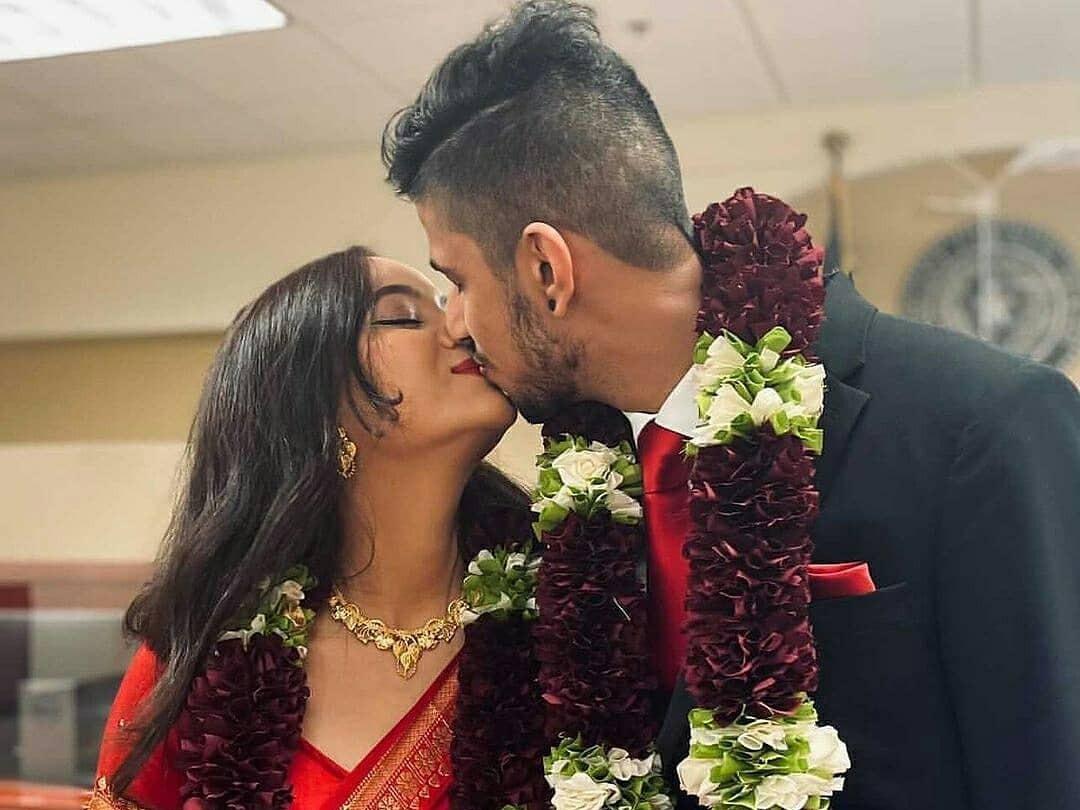
Image Courtesy: Maya's Desi Boutique
The court marriage process in India can be broken down into 6 simple steps. These are:
Step 1: Submitting The Notice
The couple has to submit a notice of intended marriage or an application form to the registrar's office 30 days prior to the marriage. The marriage officer or the registrar has to be of the area where the couple or either of the partners has lived for 30 days or more.
Step 2: Notice Publishing
The notice is then published which means it is affixed at a conspicuous place in the office of the registrar. From this day to day 30th, anyone can object to this marriage and if there is no objection, the marriage will be allowed to happen. After the 30th day, the marriage officer will perform the marriage in the office.
Step 3: Objection To Marriage (If Applicable)
In case someone objects to the marriage within the 30-day period, an enquiry is conducted by the marriage officer within 30 days of the receipt of the objection. An objection can be reported by anyone against the marriage if it violates any legal condition required for a court marriage. If after the enquiry, the marriage officer finds the marriage does not violate any law, they can proceed with the solemnization of the marriage.
Step 4: Declaration by the Couple, Witnesses & the Marriage Officer
After 30 days of the publication of the notice, if there are no objections received or if the received objections are rejected by the registrar, the marriage can proceed. According to the court marriage process, the couple and 3 witnesses must be present at the registrar's office on this day to submit a declaration. This happens in the presence of the marriage officer and the officer also signs the same declarations to further proceed with the court marriage process.
Step 5: Solemnization of Marriage
The couple can choose any place to get married. this can be the registrar's office or any other place of their liking. If they choose to get married someplace else, they must also pay a prescribed fee to the marriage officer.
Step 6: Obtaining a Marriage Certificate
The last step of the court marriage process is when the couple finally gets the marriage certificate. The certificate is granted by the registrar after the solemnization of the marriage. The certificate has to be signed by the couple and the witnesses and is then treated as evidence of marriage thereon.
Also read: The Complete Court Marriage Documents List You Should Bookmark
Court Marriage Fees
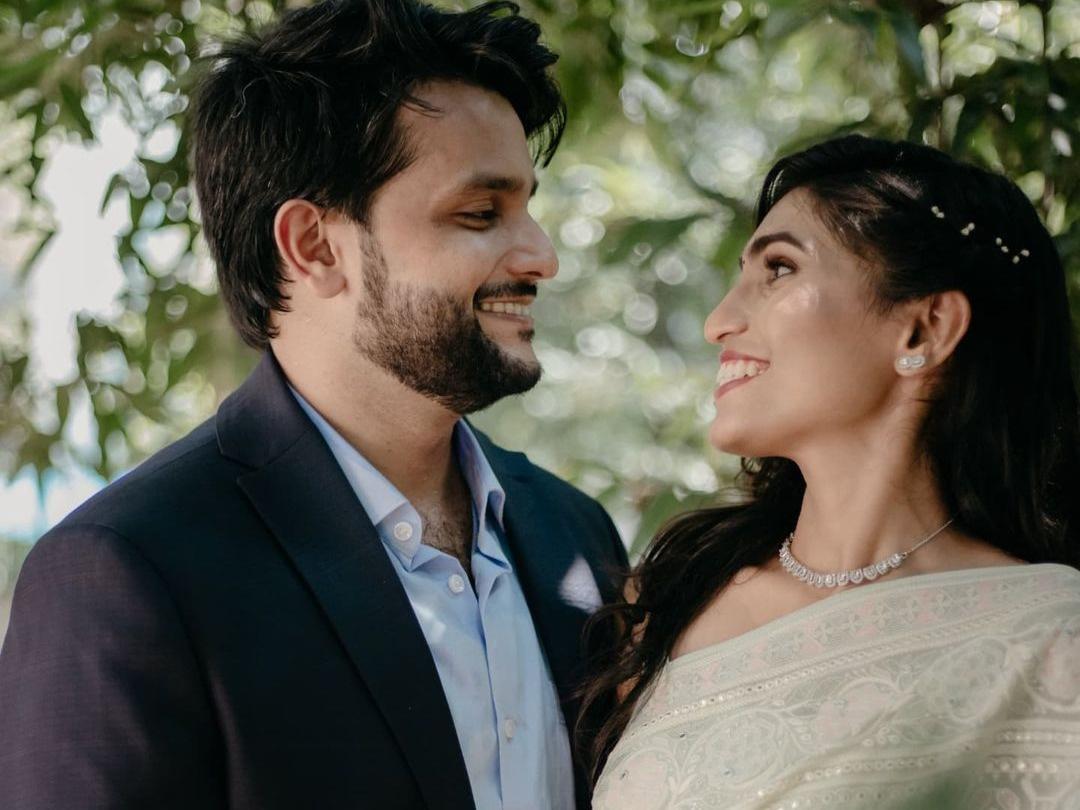
Image Courtesy: Rutuja Jayakar
Each state has a different court marriage fee. Usually, the court marriage fee varies between INR 500 to INR 1000. This has to be submitted at the marriage officer's office at the time of applying for a court marriage.
Also read: Aadhar Card Name Change After Marriage Guide
Court Marriage Documents List

Image Courtesy: Asad Iqbaaal
It may sound like a lot, but a court marriage documents list isn't really that long. Here are all the documents you and your witnesses need to carry and submit for a court marriage:
- Separate passport-sized photos of the bride and groom
- Date of birth proof of bride and groom
- Proof of residence of the bride and groom
- Copy of the signed notice of intended marriage
- Separate from the bride and groom containing their date of birth, marital status and an affirmation explaining the couple is not within the degree of prohibited relationships
- Documents to be submitted by each of the witnesses include a passport-sized photo and a copy of their PAN cards and ID proof
Also read: The List of Court Marriage Documents That Will Be of Help to You
This brings us to the end of our guide to planning a court marriage in India. We hope this blog was able to help you plan your court marriage and we wish you all the very best!
If you have any questions, queries or suggestions, do leave a comment below or send us a DM on our socials, we'd love to hear from you!

